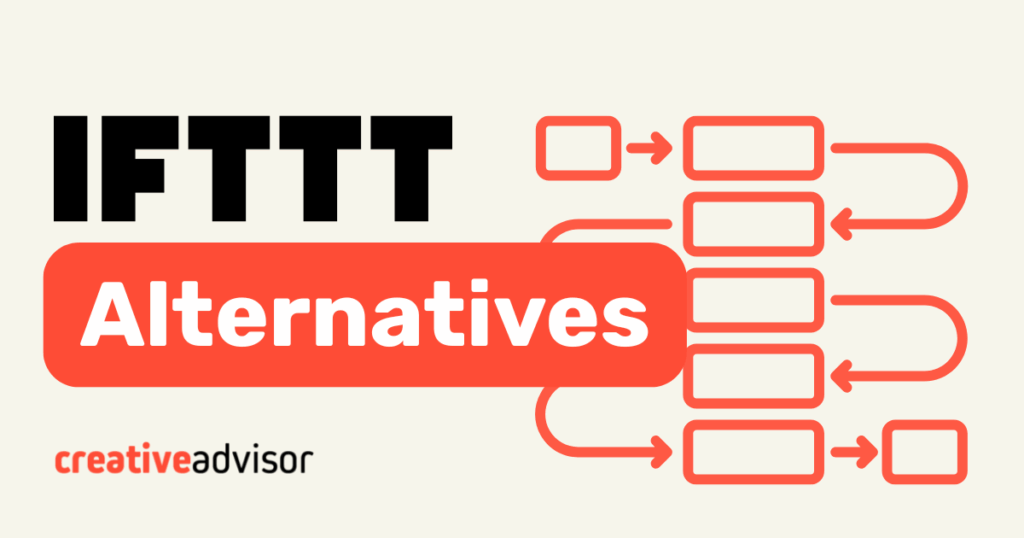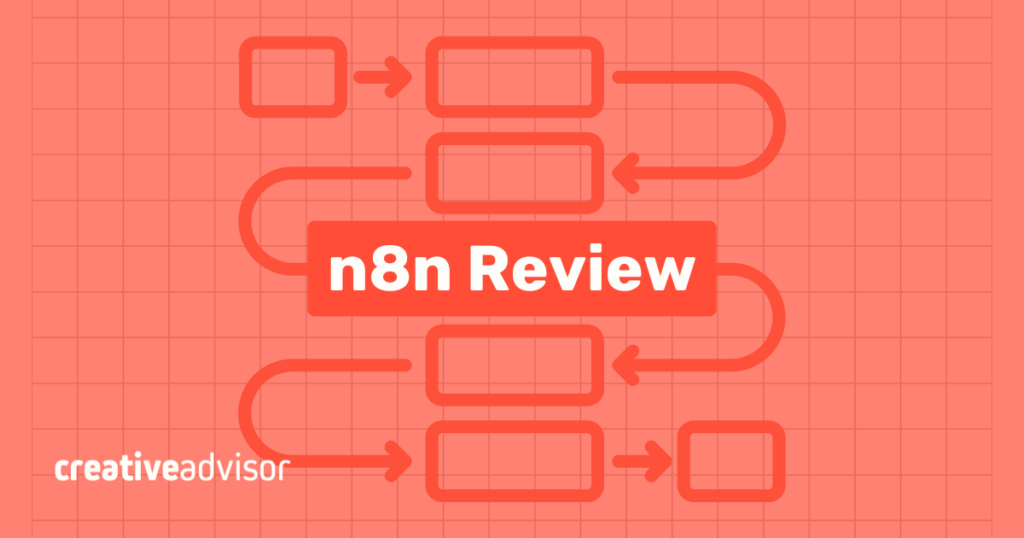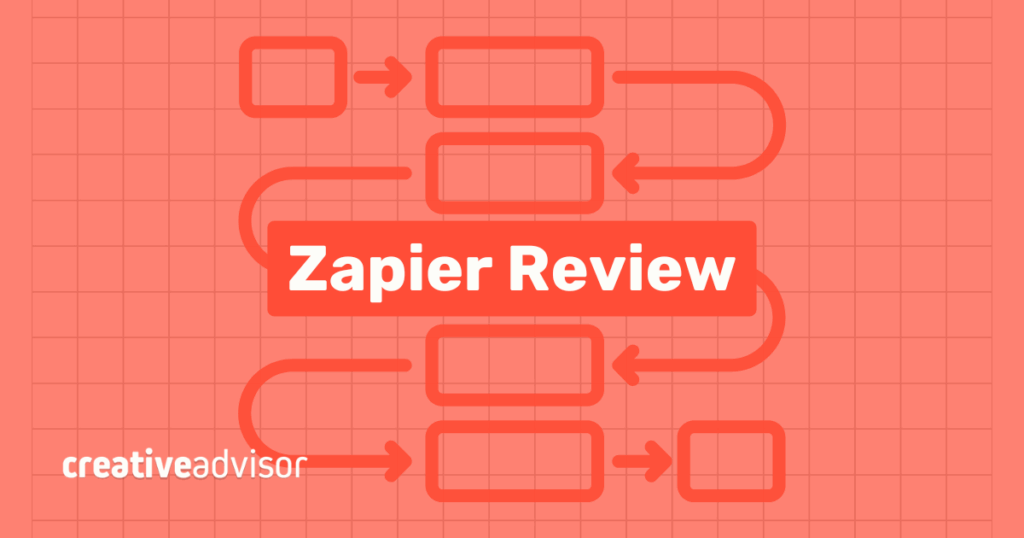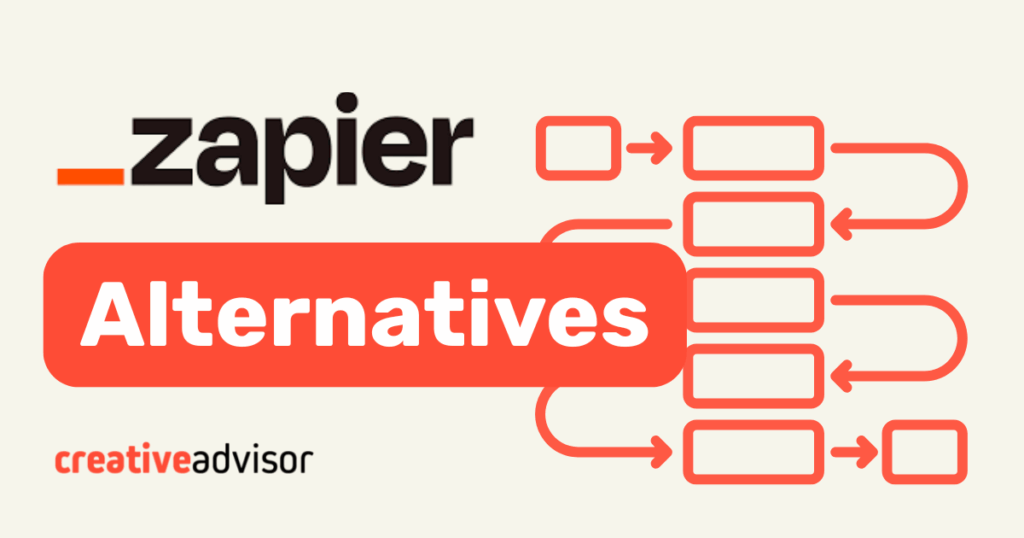IFTTT has long been a simple way to connect apps, trigger reminders, and link smart devices. It made automation feel accessible, especially for people who wanted quick tasks without any technical setup.
Its strength in personal use does not translate as well to business workflows. Multi-step processes, reliable scheduling, and deeper integrations often require tools built for work operations, which is why many users look for alternatives that can support more than basic applets.
Why look for an alternative to IFTTT?
IFTTT works well for personal use and basic tasks, but its limitations become clear once automation needs grow. Many users start to feel held back when they try to manage business processes or multi-step workflows.
- Scalability issues. A single applet may handle a reminder or a simple sync, but businesses often need chains of actions. Trying to connect tools like Slack, HubSpot, and Gmail can become clunky.
- Limited customization. Applets support only simple logic, and error handling is minimal. When something breaks, IFTTT provides basic alerts, leaving teams to fix issues by trial and error.
- Integration gaps. IFTTT covers popular apps, but its library is smaller than Zapier or Make. Tools like Airtable or ClickUp, which many startups rely on to run their operations, may have limited or no support.
- Reliability concerns. Users often report delays or applets failing to run. For teams that depend on timely updates, even a few minutes can be frustrating.
- Pricing vs. value. While the Pro plan unlocks advanced features, many SMBs feel the tiers don’t deliver enough power to handle growing workflow complexity.
These challenges are what drive people to look for alternatives that can handle bigger workloads, offer deeper customization, and scale with their business.
| Platform | Best for | Pricing Snapshot (Sept. 2025) | Library/Coverage | Complexity | Where it falls short |
|---|---|---|---|---|---|
| IFTTT | Personal and lightweight automations | Free plan Pro $2.99/mo annual-$3.99/mo. Pro+ $8.99/mo annual-$12.99/mo |
~900 services, mostly consumer apps | Beginner | Not suited for business workflows, limited advanced features, smaller ecosystem. |
| Zapier | SMB teams, quick setup | Free Plan Pro$19.99/mo annual Team $69/mo annual Enterprise-requested pricing |
8,000+ apps | Beginner | Hard task caps and step limits, slower support on lower tiers, not HIPAA compliant. |
| Make | Advanced, visual, API-heavy builds | From $9/mo (10k credits). Free plan limited to 1k credits with 15-min runs. | 3,000+ apps | Intermediate | Hard credit caps, slower support on lower tiers, AI tools still in beta. |
| Relay | Small teams wanting simple, AI-powered automation. |
|
100+ apps | Beginner | Smaller app catalog, AI and step caps pause workflows mid-cycle, email-only support. |
| Lindy | AI-native, agent-based automation |
| 3,000+ apps | Beginner | Credit caps limit heavy workloads, cloud-only hosting reduces flexibility, and enterprise controls are still maturing. | n8n | Developers, open-source flexibility | Self-host free Starter $20/mo annual-$24/mo Pro $50/mo annual-$60/mo |
1,200+ apps | Intermediate | Steep learning curve, DevOps upkeep when self-hosting, limited support on basic plans. |
| Integrately | One-click automation setups | $19.99-$239/mo annual (2k-150k tasks). | 1,400+ apps | Beginner | Fewer advanced tools, smaller library than major competitors, limited customization. |
| Workato | Enterprise automation and security | Usage-based. Enterprise editions require sales contact. | 1,200+ apps | Expert | Opaque pricing, requires technical setup, cloud-first architecture adds steps for hybrid systems. |
| Pabbly Connect | Budget-friendly automation | Free plan Standard $16/mo annual-$19/mo Pro $33/mo annual-$39/mo Ultimate $67/mo annual-$79/mo |
Wide and growing | Beginner | Fair-use limits apply on “unlimited” plans, less polished interface, smaller integration ecosystem. |
| Tray.ai | Scaling SaaS and advanced integrations | Usage-based, enterprise-packaged via sales. | Strong API connectors | Expert | No public pricing, complex for small teams, higher costs at scale. |
Our featured partners
Top IFTTT alternatives
IFTTT is ideal for lightweight tasks, but businesses often need more than simple applets. Tools with visual builders, richer integrations, or API-focused features can provide the structure IFTTT lacks. The platforms in this guide reflect those differences and show how automation can scale when needs evolve.
Zapier – Best for SMB teams, quick setup
For many small businesses, Zapier is the natural next step beyond IFTTT. Its clean interface and large integration library make it easy to connect everyday tools without technical help. Teams can automate tasks across apps like Google Sheets, Slack, HubSpot, or Gmail in just a few clicks.
Pros
- Very easy for beginners or small teams to learn.
- Large app library with more than 8,000 integrations.
- Reliable execution for everyday business workflows.
Cons
- Task limits can cause workflows to pause during busy periods.
- Advanced tools like paths, webhooks, and admin controls require higher-tier plans.
- Not suitable for healthcare use because HIPAA is not supported.
Learn more: Zapier Alternatives in 2025: Cheaper and more advanced options
Make – Best for advanced visual, API-heavy builds
Make is a strong step up from IFTTT for users who need more structure and control. Its visual builder helps teams design multi-step workflows, map data between apps, and manage complex logic in a way that is easier to understand than raw code. It works well for technical users who want flexibility without running their own open-source stack.
Pros
- Visual interface makes complex workflows easier to build and review.
- Strong support for API-heavy tasks and detailed data transformation.
- Competitive pricing for teams that automate regularly.
Cons
- Hard credit caps can pause scenarios until credits reset or the plan is upgraded.
- Free plan has slower execution and fewer active scenarios.
- Advanced features take time to learn for non-technical users.
Learn more: Make Review 2025: A Flexible, Visual Platform for Smarter Automation
Relay – Best for small teams wanting simple, AI-powered automation
Relay focuses on ease of use, giving smaller teams an approachable builder and helpful AI features for everyday workflows. Users can test steps in real time, making setup smooth even without technical experience. While powerful for its size, the platform’s step caps and limited integrations make it ideal for targeted, moderate-volume processes.
Pros
- Guided visual builder with live data previews makes workflows easy to design and test.
- Built-in AI steps can classify, summarize, or generate content directly inside automations.
- Simple setup and clear interface help non-technical teams build workflows quickly.
Cons
- Cloud-only architecture may not fit strict data-residency or on-premise requirements.
- Hard monthly step caps can pause workflows during busy periods unless upgraded.
- Smaller integration library (100+ apps) than larger automation platforms.
Lindy – Best for AI-native, natural-language automation
Lindy’s workflow engine is built around natural language, letting teams describe what they want automated and letting AI handle the logic behind the scenes. Its agents can process instructions, route information, and coordinate actions across thousands of business apps. It works well for teams that want more flexibility than traditional rule-based tools provide.
Pros
- Natural-language automation makes setup quick and intuitive.
- AI agents can handle contextual decisions, routing, and data interpretation.
- Connects with 3,000+ business apps across productivity, CRM, and project tools.
Cons
- Credit limits restrict scale and cost predictability.
- No self-hosting option for teams with strict data-residency requirements.
- Enterprise controls like role management and permissions are still developing.
n8n – Best for developers open-source flexibility
n8n is built for technical teams that want full control over their automations. Its open-source, self-hosted model lets developers connect niche APIs, write custom logic, and manage data on their own infrastructure. It’s a strong fit for users who prefer customization and ownership over a prepackaged, closed platform.
Pros
- Open-source and self-hostable, giving teams full control over data and infrastructure.
- Highly customizable for API-heavy or technical workflows.
- No per-task billing when self-hosting, which can reduce long-term costs for advanced users.
Cons
- Steeper learning curve for anyone without technical experience.
- Requires hosting, monitoring, and updates if managed internally.
- Smaller prebuilt integration library than Zapier or Make.
Learn more: n8n Review (2025): Key features, Pricing, and Integrations
Integrately – Best for one-click automation setups
Integrately is a simple alternative for users who need quick, no-code automations without the technical setup required in tools like n8n. Its one-click workflows help small businesses connect apps like Shopify, Google Sheets, or CRM tools without learning complex builders or writing any code.
Pros
- One-click workflows make setup fast for beginners.
- Budget-friendly pricing compared to larger automation platforms.
- Clean interface that helps small teams get started quickly.
Cons
- Smaller app library than Zapier or Make.
- Limited flexibility for complex or custom workflows.
- Better suited to small teams than larger organizations.
Workato – Best for enterprise automation and security
Workato is built for enterprises that need secure, large-scale automation across systems like ERP, CRM, HR, and finance. It prioritizes governance, compliance, and reliability, making it a fit for organizations that manage complex workflows and strict data controls.
Pros
- Enterprise-grade security, compliance, and governance features.
- Deep integrations with systems such as Salesforce, NetSuite, Workday, and ServiceNow.
- Reliable performance for high-volume, mission-critical workflows.
Cons
- High cost puts it out of reach for smaller teams.
- Requires technical expertise to configure and maintain.
- No public pricing. All plans are quote-based.
Learn more: Workato Review 2025: Enterprise Automation Built for Scale
Pabbly Connect – Best budget-friendly automation
Pabbly Connect appeals to users who want predictable, flat-rate pricing instead of variable task-based costs. It’s a practical option for teams that want to automate everyday workflows without worrying about surprise overages or complex billing structures.
Pros
- Flat-rate pricing keeps monthly costs predictable.
- 2,000+ integrations, with coverage continuing to expand.
- Straightforward setup that works well for simple, recurring workflows.
Cons
- Unlimited tasks are still limited by fair-use rules.
- Interface feels less polished than larger automation platforms.
- Less suitable for complex branching logic or data-heavy processes.
Tray.ai – Best for scaling SaaS and advanced integrations
Tray.ai is built for teams that automate complex, API-driven workflows across their core systems. It’s often used by fast-growing SaaS companies that need to sync customer data, route events across multiple tools, or manage multi-step processes at scale.
Pros
- Excellent support for advanced, API-heavy integrations.
- Scales well for data-intensive workflows and fast-growing teams.
- Enterprise-level reliability with governance and security features.
Cons
- No public pricing, making budgeting harder for SMBs.
- Requires technical expertise to configure and maintain effectively.
- Overkill for small teams or organizations with simple automation needs.
Choosing the right platform
IFTTT is ideal for personal tasks and quick connections between consumer apps or smart devices. Businesses, however, often need platforms designed for structured, multi-step workflows across tools like CRMs, project systems, and marketing platforms.
Zapier and Make offer broader integration coverage and more control for everyday business automation, while n8n suits technical teams that want open-source flexibility. Pabbly Connect appeals to cost-conscious teams looking for predictable, flat-rate pricing. Organizations with strict security, compliance, or API requirements often choose Workato or Tray.ai, which are built for enterprise automation.
The right alternative depends on the scale of your operations and the level of reliability, customization, or governance your workflows require.
Article sources
Creative Advisor uses primary sources to verify our claims. We thoroughly fact-check editorial content to ensure the information you're reading is up-to-date and accurate.
- "Explore". IFTTT. Reviewed on Nov. 20, 2025.
- "Make Pricing". Make. Reviewed on Nov. 20, 2025.
- "Security compliance frameworks". Workato. Reviewed on Nov. 20, 2025.
- "20 Million+ Ready Automations For 1400+ Apps". Integrately. Reviewed on Nov. 20, 2025.
- "Is Zapier HIPAA compliant?". Zapier. Reviewed on Nov. 20, 2025.







